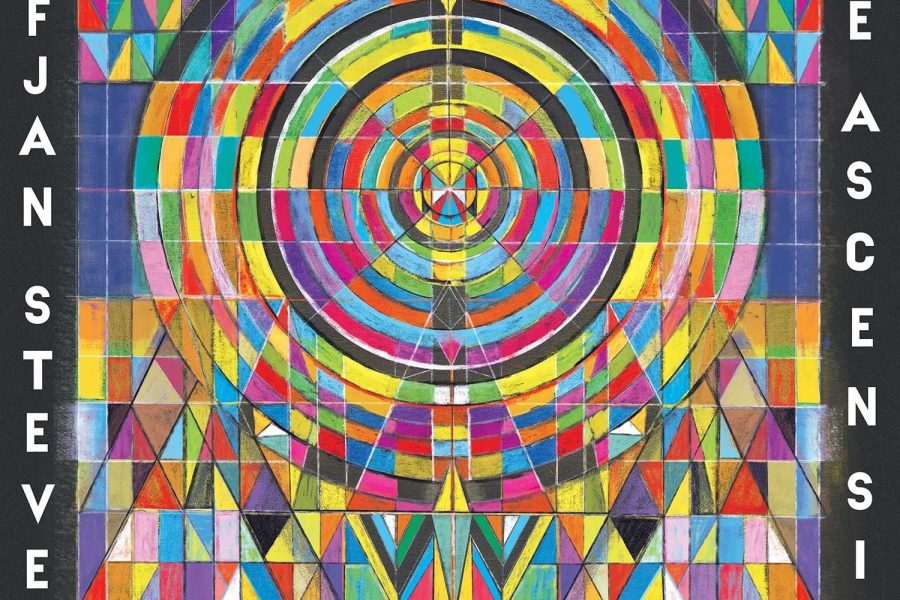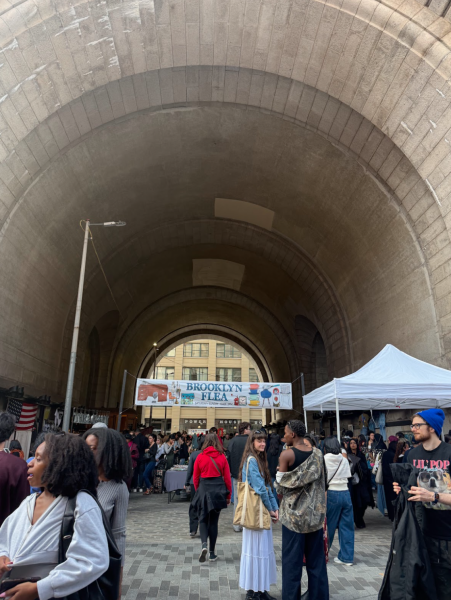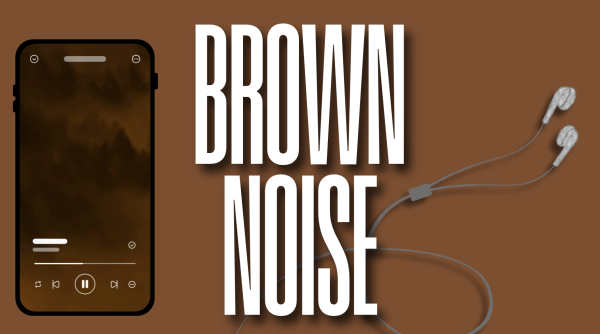Sufjan Stevens Branches Across Genres and Traditional Boundaries With “The Ascension”
Admittedly, I have never listened to much of Sufjan Stevens’ music. The only song of his that I had previously heard was titled “Chicago” — a passionate and upbeat hit from 2005 that uses an array of instruments in an intriguing manner. I was expecting something similar when I pressed play on Stevens’ new album, titled “The Ascension.” To put it bluntly, I was surprised. With pulsating electronic sounds and mysterious lyrics, “The Ascension” is a cerebral experience that requires a lot of thought to analyze and enjoy.
Perhaps the best way to describe “The Ascension” is with the album cover. The cover depicts a pattern reminiscent of a kaleidoscope or an optical illusion, which seems to be the feeling that Stevens seeks to evoke in the listener. The electronic sounds pulsate like waves in every song on the album, washing across the listener’s mind in a hypnotic fashion. With that being said, many songs on the album have a similar sound, despite their varying lengths. There are multiple songs on the album that are longer than five minutes which — while being an interesting concept — begins to get old. I was especially alarmed to find that, when scrubbing through a song to find a certain lyric, I thought my computer had broken because every place that I skipped to sounded almost identical. If you enjoy slower techno music that is rather unintrusive, “The Ascension” is the album for you. It certainly wouldn’t seem out of place on a Spotify “Study Beats” playlist.
The lyrics, however, are where the album really shines. The genius of “The Ascension” is the sheer volume of themes that are present in it. It is entirely possible to derive one’s own theme from the lyrics, but one that is rather obvious is a theme of confrontation with God and religion. For example, in the very first song on the album titled “Make Me an Offer I Cannot Refuse,” Stevens sings, “Show me the grace of a natural king / Lord, I need deliverance,” essentially making a prayer in song. The topic is a personal one for Stevens, who is a Christian and claims to take a lot of his inspiration from his own religious experiences .
The song that is perhaps most intriguing on the album is simply titled “America.” At more than 12 minutes long, the song provides much to unpack. The music itself follows a somewhat linear progression, starting slow, getting faster and louder and finally finishing with a slow tempo and lower volume. This is a change of pace from the rest of the songs on the album, which I found to be somewhat monotonous in beat, tempo and sound. Throughout the song, Stevens repeats the line, “Don’t do to me what you did to America.” Yet, the listener is never told explicitly who the “you” is that he sings about.
Although the song was written in 2014, it is easy to apply the same theme of deterioration in America to modern day. Hearing the song for the first time, my instant reaction was that it was written about the Trump presidency as a sort of protest piece. Upon examining the lyrics more closely, it is clear to see that Stevens writes about the deterioration of the American dream in a style reminiscent of Arthur Miller.
“I have broke your bread for a splendor of machinery … I have traded my life / For a picture of the scenery … I have put my hands in the wounds on your side / I have tasted of your blood.” What Stevens means to demonstrate is the sacrifice of the American people, the pain that they have gone through in search of a better life. He refers to the Industrial Revolution, war combat and the American dream to establish the fact that the hardship of the American people and the things they do for their country often go unrecognized. Stevens implies that the American dream is no longer as attainable as it once was, despite all of the service that people gave and continue to give to the nation. It is an intriguing notion, and one that remains entirely applicable even six years after it was first written.
While Stevens displays interesting writing through the expression of many different themes, the monotony of the electronic beats and foreign sounds made for a listening experience that I personally didn’t enjoy. However, my personal music opinion is obviously not the deciding factor on what songs or albums you should or shouldn’t listen to, and if you’re looking to try a new style or experience with music, I think that “The Ascension” could be a great place to start. The lyrics are thought-provoking and passionate, and it really feels like Stevens put his heart and even his brain into the album. “The Ascension” is a unique project — one that may take older Sufjan Stevens fans by surprise at first, but also one that is a fascinating listen and great to study to.















































































































































































































